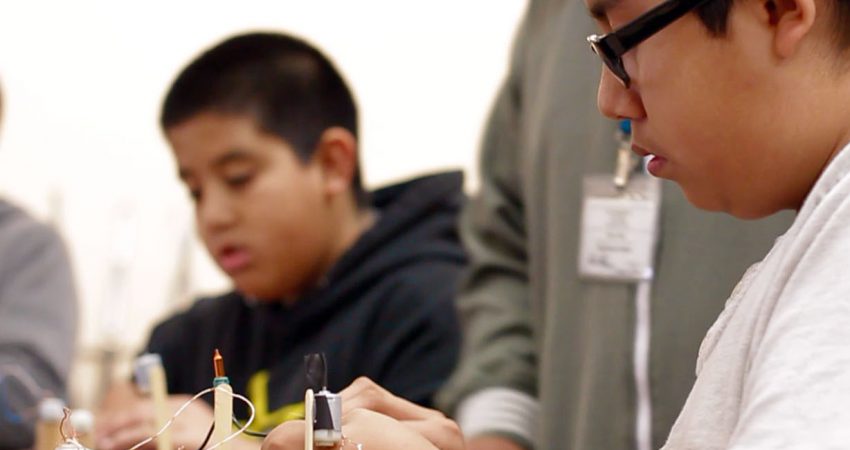
By Heather King - January 2011
PAPER CITATION
Levinson, R. (2010). Science education and democratic participation: An uneasy congruence. Studies in Science Education, 46(1), 69–119.
Politicians and education reformists are keen to highlight the links between scientific understanding and informed citizenship. To support modern democracy, science curricula are being designed to promote scientific literacy, i.e., employing scientific knowledge and skills to critically engage with contemporary issues and arguments.
In this article, Levinson explores various frameworks that describe democratic participation for scientific citizenship and notes that the realisation of this relationship becomes problematic in the way science is managed in schools.
The "deficit" model is framed by the notion that participants do not yet have the knowledge and understanding to engage with issues. The issues are identified by the powers that be rather than individuals, and the knowledge flows in one way, from expert to participants.
The dialogic or deliberative model involves a dialogue between participants and may be characterised by "citizen juries" and the like. The problem here is that the views of marginalised members of society—those less able or confident to contribute to the dialogue—are not heard, nor do the outcomes of deliberation necessarily lead to decision-making which is politically controlled. The skills acquired in such processes include persuasiveness as well as critical thinking.
The third model of participation is action-oriented, resulting in knowledge production. It describes incidents where groups engage in learning about issues and take action on topics that they choose. In this model, knowledge is distributed throughout the group and the focus is on gaining knowledge for enabling change rather than knowledge for knowledge's sake.
Finally, the model of participation through conflict and dissent notes that not all forms of engagement can be enabled through education or dialogue. In situations where the political hegemony set the terms and control engagement, dissent may be the only possibility. Students can learn how to act productively to make their voices effective in promoting change.
In schools, Levinson notes that active participation is not easily operationalised. Power relations are not equal and schools are unlikely to provide opportunities for authentic participation because of their top-down management. Moreover, it is noted that empowering learners with the skills to question hegemonic oppression is likely to have a detrimental impact on the system that seeks to teach such skills.
Levinson concludes that to enable democratic participation in socio-scientific issues, the underlying political bases of the various models need to be made clear to teachers through professional development. The hegemonic role of the curriculum and school structure, the nature of knowledge and the forms of decision-making are key.
This paper may be of interest to ISE educators leading programs supporting scientific literacy through argumentation, participation, and activist projects.




